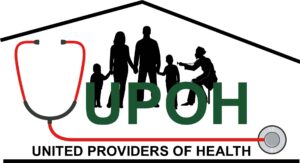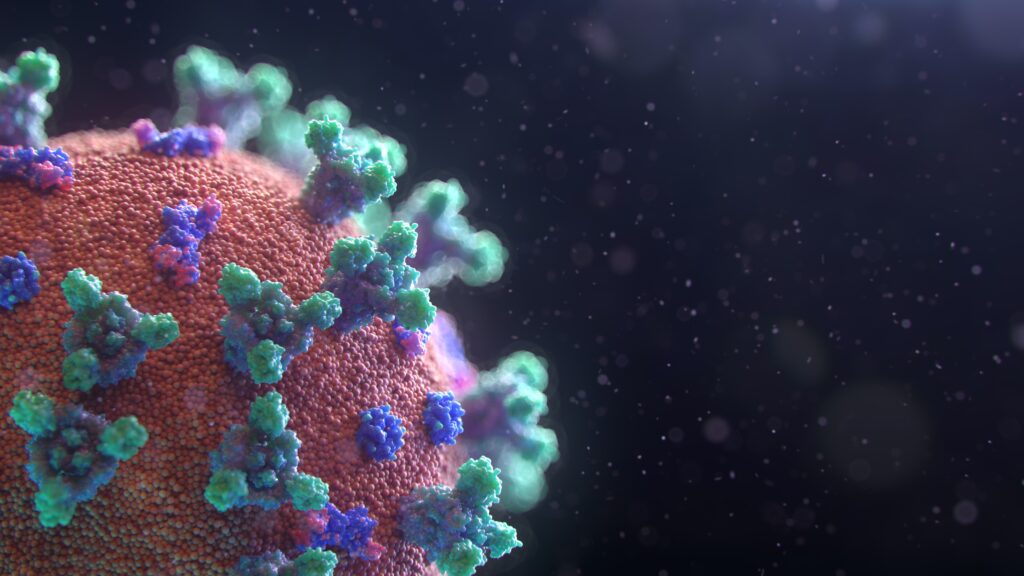
Protecting Yourself and Others: Effective Ways to Avoid COVID-19
The COVID-19 pandemic has reshaped our lives in many ways, emphasizing the importance of health and safety measures. As the virus continues to evolve, understanding how to avoid COVID-19 remains crucial for protecting yourself and others. In this comprehensive blog, we’ll explore effective ways to minimize the risk of contracting or spreading the virus.
1. Get Vaccinated
One of the most effective ways to avoid severe illness or hospitalization due to COVID-19 is to get vaccinated. Vaccines have proven to be safe and highly effective in preventing infection and transmission of the virus. Ensure you are up to date with your vaccinations, including booster shots if recommended.
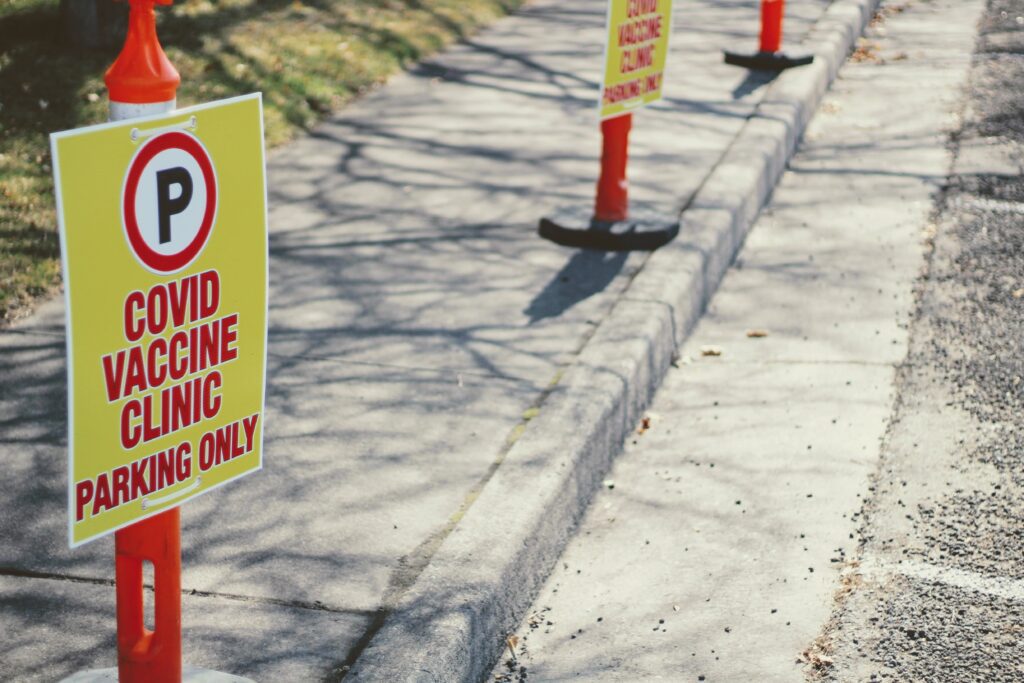
2. Practice Good Hand Hygiene
Frequent handwashing with soap and water for at least 20 seconds is a fundamental preventive measure. If soap and water are not available, use hand sanitizer with at least 60% alcohol. Clean your hands after being in public places, touching surfaces, and before eating or touching your face.
3. Wear Masks in High-Risk Situations
Wearing masks can significantly reduce the transmission of COVID-19. Use masks, especially in indoor settings where social distancing is challenging, and when you are around people who are not part of your household. N95 or well-fitted masks offer higher protection.
4. Practice Social Distancing
Maintain physical distance of at least 6 feet from others, particularly in crowded or enclosed spaces. Avoid close contact with individuals who are sick, and consider limiting the size of social gatherings.
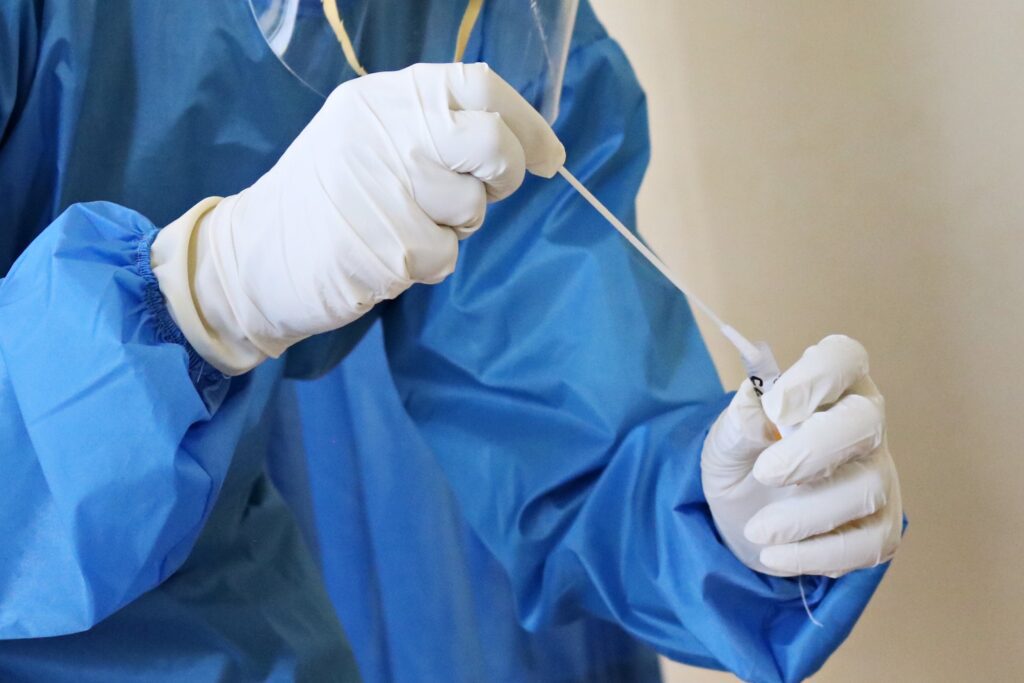
5. Ventilate Indoor Spaces
Good ventilation is key to reducing the concentration of virus particles indoors. Open windows and doors to improve airflow in enclosed spaces and consider using air purifiers to reduce the risk of transmission.
6. Follow Travel Guidelines
Check local and international travel restrictions and follow guidelines when planning trips. If you must travel, take precautions like wearing masks, maintaining physical distance, and staying updated with the latest travel advisories.
7. Practice Respiratory Hygiene
Cover your mouth and nose with a tissue or your elbow when you cough or sneeze. Dispose of used tissues properly and wash your hands immediately. This prevents the spread of respiratory droplets that may contain the virus.
8. Stay Informed
Keep yourself informed about the latest COVID-19 developments, including new variants and local health guidelines. Reliable sources such as the World Health Organization (WHO) and the Centers for Disease Control and Prevention (CDC) provide up-to-date information.
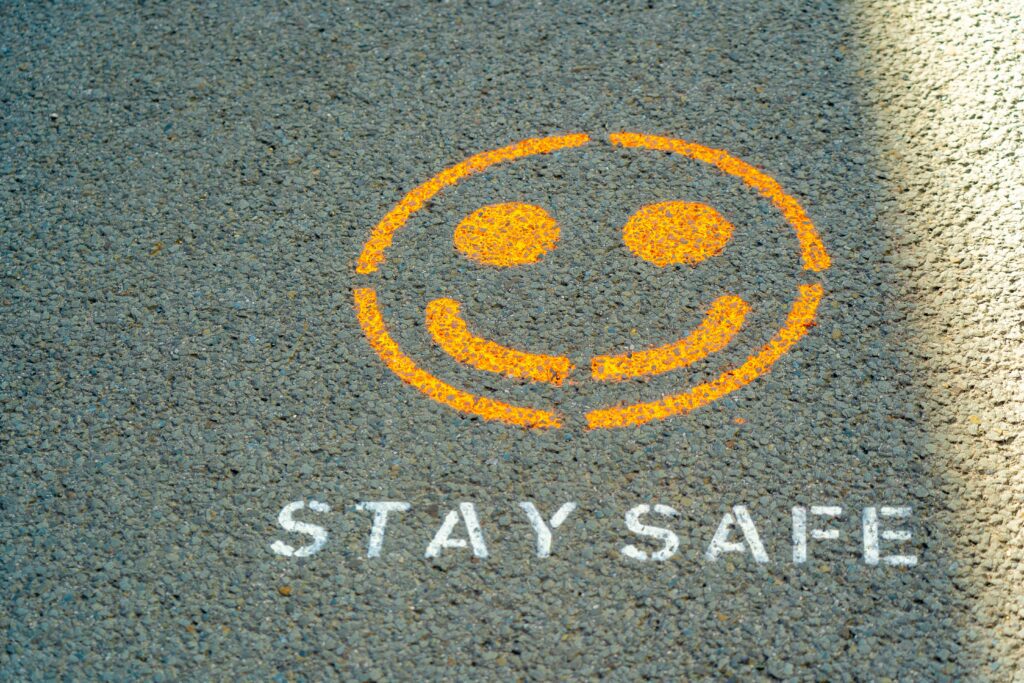
9. Quarantine and Isolation
If you have symptoms of COVID-19, have tested positive, or have been in close contact with someone who has the virus, follow quarantine and isolation guidelines as per local health recommendations. This helps prevent further transmission.
10. Practice Empathy and Understanding
Understanding and compassion go a long way in these trying times. Be considerate of others’ health concerns and follow guidelines, even if you are not at high risk. This collective effort is crucial to controlling the spread of the virus.
11. Avoid Crowded and Poorly Ventilated Areas
When possible, steer clear of crowded places with limited ventilation. Opt for outdoor activities and dining, or choose venues with well-maintained airflow.
12. Frequent Testing
Regular testing, especially if you are in high-risk environments or have symptoms, can help identify cases early and take necessary precautions to avoid further transmission.
In the face of the evolving COVID-19 pandemic, practicing these measures diligently is essential. Your efforts not only protect your health but also contribute to the well-being of your community and the world at large. Stay vigilant, stay informed, and together, we can reduce the spread of COVID-19 and return to a semblance of normalcy
